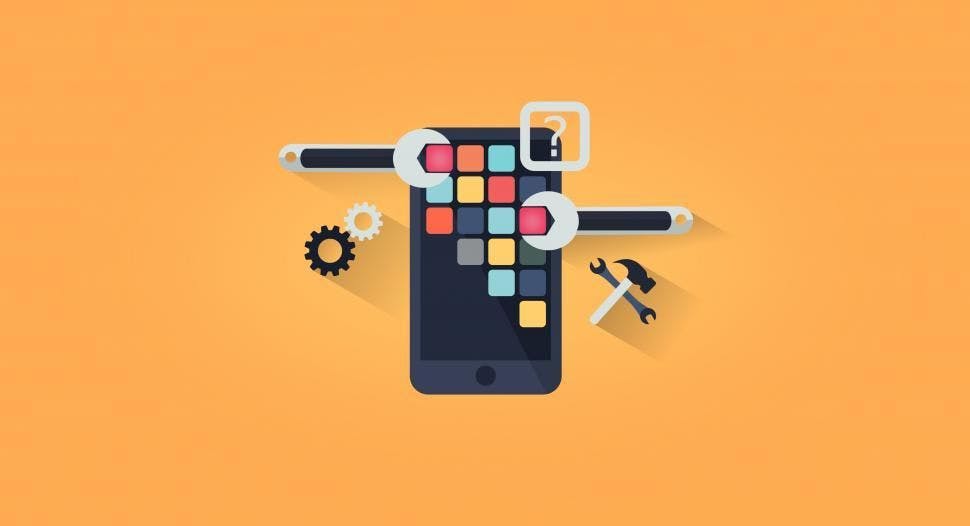445 reads
The Future Unveiled: Mobile Debugging in the Age of AI, VR, Blockchain, and Hologram Technology
by
May 25th, 2023
Audio Presented by

https://hackernoon.com/web3-gateways-a-biblical-guideQ2NjQxNDc2*_ga_ECJJ2Q2SJQ*czE3NDY2NDE0NzUkbzEkZzAkdDE3NDY2NDE0NzUkajAkbDAka
Story's Credibility

About Author
https://hackernoon.com/web3-gateways-a-biblical-guideQ2NjQxNDc2*_ga_ECJJ2Q2SJQ*czE3NDY2NDE0NzUkbzEkZzAkdDE3NDY2NDE0NzUkajAkbDAka
